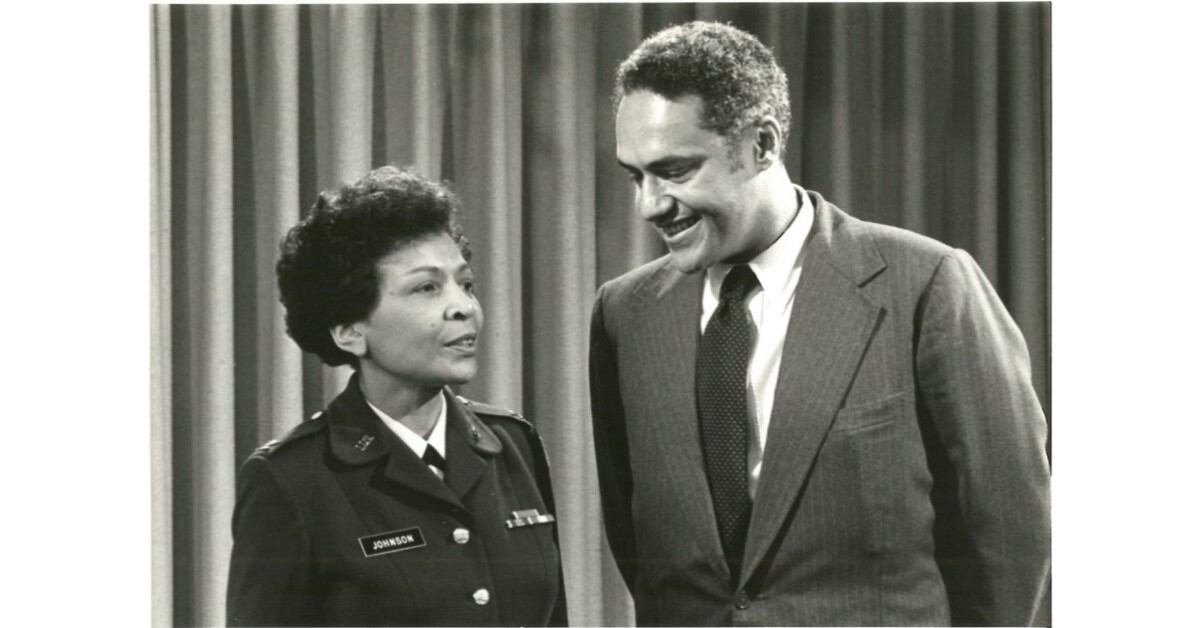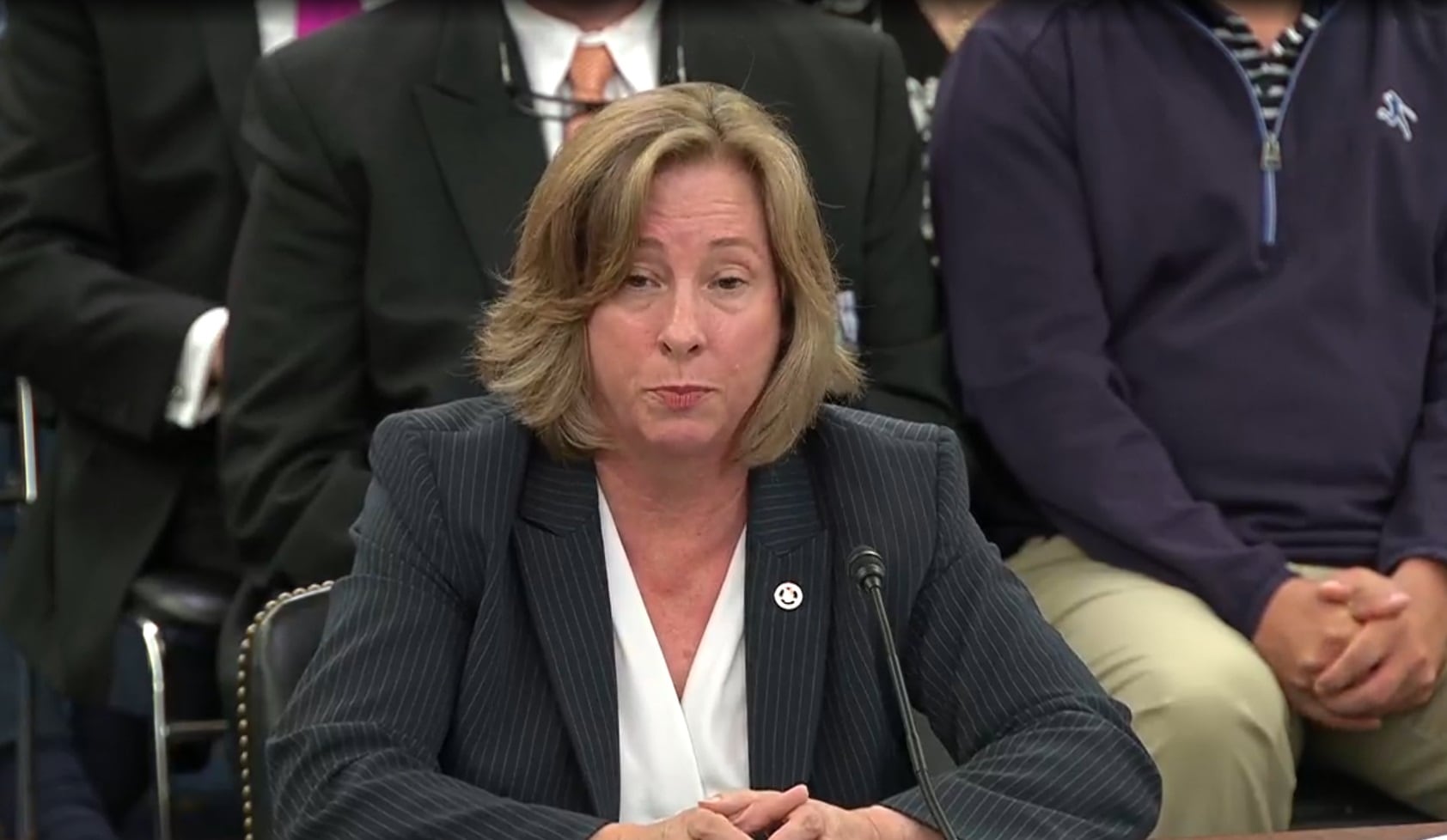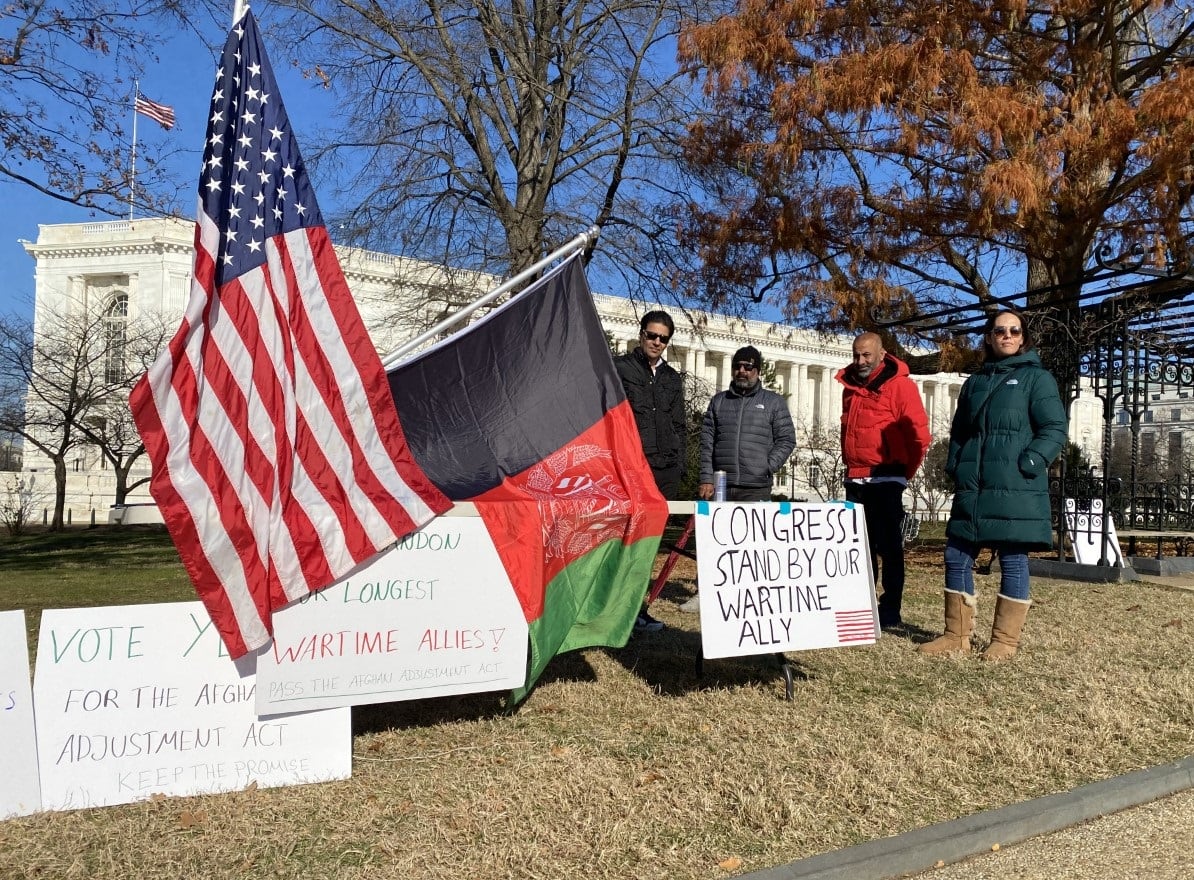A graduate of Harvard University and Yale Law School, Clifford Alexander Jr. enlisted in the New York National Guard in 1958. Moving to Washington, D.C., in 1963, he served as an adviser to President Lyndon B. Johnson and as chairman of the U.S. Equal Employment Opportunity Commission. Appointed by President Jimmy Carter in 1977, Alexander was the first black secretary of the Army.
During his four-year tenure, he addressed such issues as the treatment of minorities and women in uniform and the transition to an all-volunteer force. Since 1981 his consulting firm, Alexander & Associates, has focused on corporate workforce inclusiveness, and he has continued to speak out on rights issues.
Why did it take so long to desegregate the U.S. military?
It did not just happen when President Harry Truman issued Executive Order 9981 in July 1948. That was, obviously, an extraordinarily important point in history. But the timing of desegregation of the different services varied a great deal.
There wasn’t a straight line for when the Navy was fully integrated, or when the Army or Air Force gave full opportunity. There were political pressures due to the inane feeling of superiority by some people because of the color of their skin. That made politicians and the people who they designated to run the military feel that there should not be full inclusion of all people in the military. The reason for the slow pace of integration is the same reason that black people couldn’t get jobs and work in a whole host of other parts of our society.
Black troops have historically proven themselves in the military. Why did the respective services have to repeatedly relearn that lesson?
If you start with the proper assumption that all people born in this world start off even, no matter what their color, there shouldn’t be a requirement for whites or blacks to prove themselves. Political realities, unfortunately, go with your question: There were times — there still are times — when minorities have to prove themselves, more, perhaps, than the majorities do.
Why is it important for America to open all branches and levels of the military to everyone?
That question is very important now, when the military — properly — is highly regarded in our society. If the military is seen as a place where men and women are judged on their skills, accomplishments and bravery, that is a statement to the whole social fabric that we should judge individuals according to merit and not color. It is very important that the military do that because the military emphasizes that it is a meritocracy. In the military, we want to know how quickly you can get from A to B, how well you can fire your weapon or repair your truck or whatever your military specialty requires.
Economics is another factor. Unfortunately, prejudice in employment still exists. If you have people of similar educational backgrounds who are black, who don’t have the same opportunities in the private sector as those who are white, they can go into the military if they pass the mental and physical tests. That doesn’t have to do with their performance once in, but they can get through the door. In that sense, the military is a place of greater opportunity.
Read more from HistoryNet:
- Abraham Lincoln meets Frederick Douglass
- $10 a month: Men of the USCT
- First black colonel: Charles Young
- HistoryNet fact sheet: Harriet Tubman
Did the uneven progress of desegregation in the armed services surprise you?
In my own four-year experience [as secretary of the Army], by placing an emphasis on giving fair treatment, we ended up with approximately 30 black generals in the Army (out of about 430 generals at the time). That was a reflection of the idea that people can be moved ahead without regard to their race or color.
Not that there should be anything deferential toward black men and women, or Hispanic men and women, or any ethnic category. But they should receive fair attention, and we should really examine ratings where there may have been some prejudice. And we did.
At that same time there was only one black general in the Marine Corps. That same emphasis was not true in the Marines, and that’s why there was only one black general there. That was also true in the Navy, but not in the Air Force, which put greater emphasis on fair opportunity.
Some opposition to desegregating the military was based on the belief that the military should not lead on this issue but follow and reflect the attitudes of the larger society. Some prominent World War II–era generals took that stance. Is that a meaningful argument?
It’s an argument used by civilian political leaders to make their point. They would sit with the service commanders and say, “This is the way we want it to come out, and this is the way we feel.” The generals would stand up and say, “Yes, sir!” to an outrageous policy. If you are a general, when you hear that kind of thing from the person who is going to vote on whether you get promoted — is going to help set your policy, is going to conduct hearings on your budget — you pay attention.
I don’t think that attitude started with the generals or admirals; it started in a general sense with the bigotry of the society. You need look no further than the Senator Bilbos or Byrds, or whatever generation you go back to, to see what they said that underscored for them the inferiority of people of color.
Has there ever been a compelling argument for having a segregated military anywhere in the world?
The answer is no.

In World War II many blacks served in the U.S. military but comparatively few in combat. What was the effect of that?
In World War II there were a lot of black people in the Quartermaster Corps or support services, but they rarely served in combat. I think you have to give people the same opportunities to be heroes. Black people wanted the same thing.
When one asks the question, “In this society why, since they segregate you, should you fight for it?” Well, you fight for it because that is a badge of courage. Because you do have respect for the country, you do want to be highly regarded as someone who is heroic. So many black people were hoping to become members of combat units during World War II. It is a good thing that that kind of feeling exists about the country among people who have lesser opportunities.
On trains back home, German POWs were allowed to sit with white soldiers, while blacks were segregated to other parts of the same train. That stuff took place. But there was also a hopefulness then that we were going to get better. And we have gotten better.
You were secretary of the Army in a crucial transition period (1977–81) from the draft Army to the all-volunteer Army. What was the status of race relations in the military at that time?
I think that the status of race relations improved, because advancement opportunities and assignments improved for both enlisted men and officers. I do not think the volunteer aspect of the service changed any of that.
I think the whole discussion of the volunteer force has things in it that need to be understood more thoroughly before we reach some conclusion about how the draft might keep us out of the Iraqs of the world. First of all, the Navy and the Air Force weren’t draft entities; they were volunteer forces at that time. People often think that the draft was ending, so everything was all-volunteer. But a significant portion of the people in the military were already volunteers.
In your service in the Army, did you personally experience racial bias?
I was a lowly private in the six-month program, and I don’t remember that. I do remember, at Fort Dix, there was talk about fairness by some of the enlisted leaders, and in my own unit, the 369th, a predominantly black unit with some whites in it. It’s a renowned unit from Harlem.
Did you encounter resistance and bias as secretary of the Army?
Yes, I’m sure I did. I remember what I considered a racist cartoon in Army Times. I think there were some who resisted me because I was the black secretary of the Army. And on some occasions in front of Congress I thought that the questions were aimed more at me because of my color than according to my skill set. But that was a fact of the day, and I did my best to do my job — and just say, “The hell with you!” if it was based on something else.
This article was originally published in the January 2012 issue of Military History Magazine, a Military Times sister publication. For more information on Military History Magazine, and all of the HistoryNet publications, visit historynet.com.




